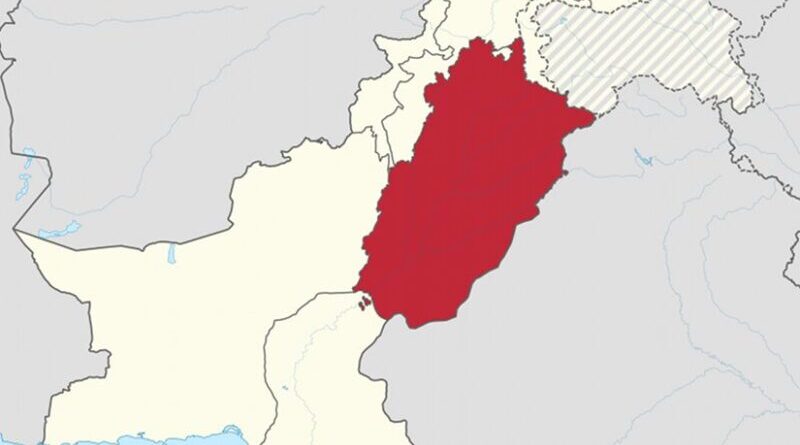Pakistan: Civil Society Rejects ‘Undemocratic’ Polls In Punjab Province
By UCA News
Civil society groups and religious-political leaders from minority communities have criticized upcoming local government elections in the Pakistani province of Punjab, describing them as undemocratic and anti-minority.
Under the existing election scheme for the Punjab local government polls, union council members in reserved seats will be elected indirectly. The chairmen and vice chairmen along with five councilors will elect whoever they want and the minority community in that union council will have no say in the election of its member.
Samson Salamat chairman of “Rwadari Tehreek” (movement for religious tolerance) expressed “serious reservations” on the second phase of elections, which will be held in November.
“The system will remain ineffective because it does not allow the voters belonging to minorities to elect their own representatives at the lowest tier of the democratic system,” said Salamat.
“Instead their so-called representatives will become the mouthpiece of their own political parties,” he said.
“The politics of exclusion have added to the marginalization of minority communities. It is very unfortunate and disturbing that local government has not been designed according to the spirit of the Constitution of Pakistan and democratic norms and values.”
Last October, Catholic and Protestant bishops staged a massive protest in front of the Punjab assembly demanding the withdrawal of a bill that permits such discrimination at the polls.

